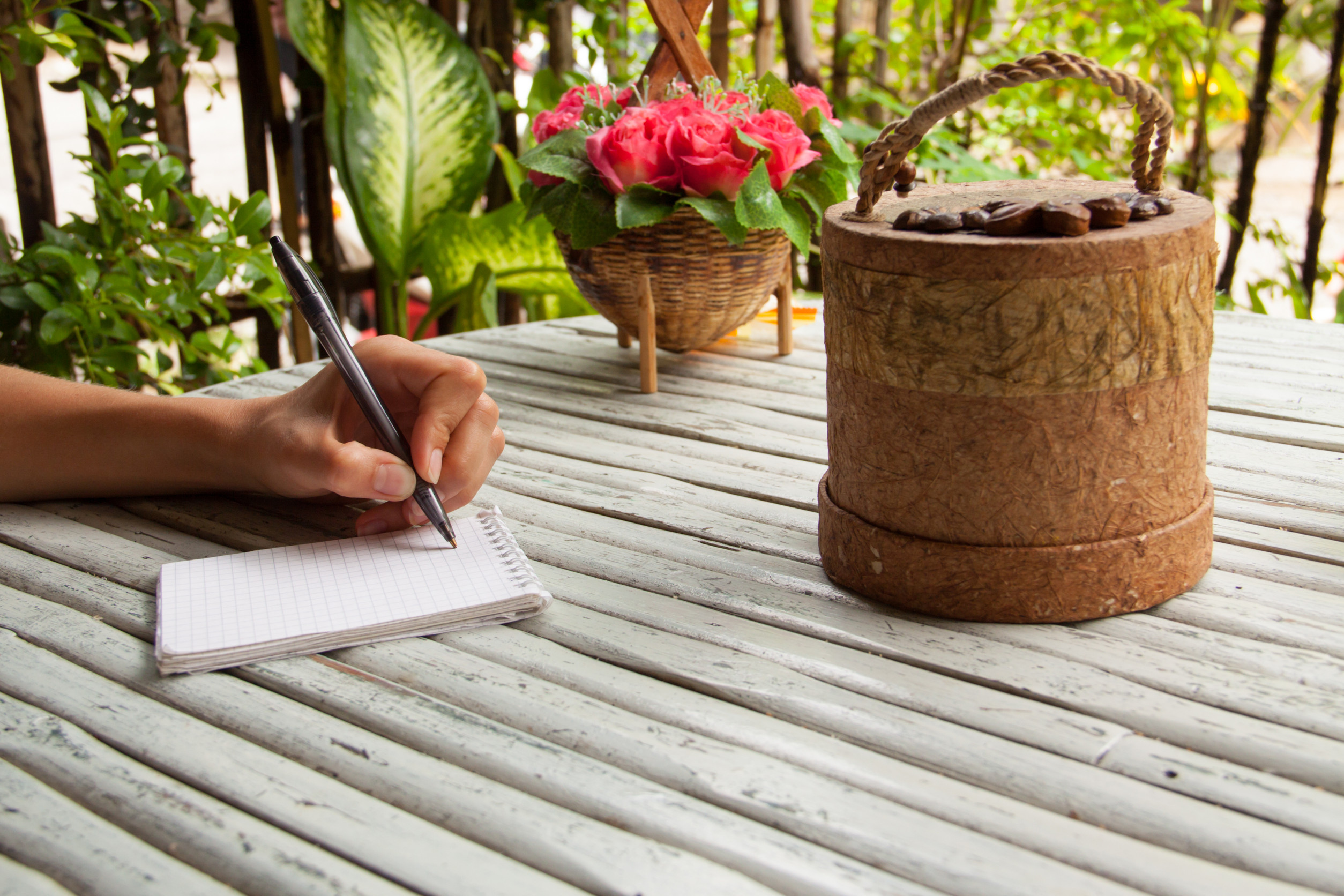
Image Source: 123rf.com
Imagine this: you’re staring at your tomato plants, scratching your head, trying to remember if you fertilized last week or if that was two weeks ago. Or maybe you’re wondering why the zucchini looks more like a science experiment gone wrong than a vegetable. Sound familiar? Every gardener, from the seasoned green thumb to the weekend dabbler, has those “uh-oh, what did I do last time?” moments. Enter the garden journal: your secret weapon for better harvests, fewer mistakes, and a whole lot more fun—even if writing isn’t your thing.
Track What Actually Works (and What Definitely Doesn’t)
Let’s be real: not every gardening attempt is a success story. Sometimes your sunflowers tower gloriously, and sometimes they flop like sad spaghetti. A journal gives you a place to track what worked, what flopped, and why it all went down that way. Over time, those notes turn into a personalized guidebook for your own yard—not some generic advice from the internet. When you can look back and say, “Ah, yes, the cucumbers hated that shady spot,” you’re already ahead of the game.
Remember Planting Dates Without Playing Detective
Raise your hand if you’ve ever squinted at seedlings wondering, “Did I plant these two weeks ago or two months ago?” Timing matters more than most gardeners realize, especially for crops with short growing windows. A journal lets you jot down the day you planted, fertilized, or pruned, so you’re not relying on your unreliable brain. That way, you’ll know whether your lettuce is just slow-growing or if you should have harvested yesterday. No more amateur plant sleuthing—just straight answers.
Spot Patterns Mother Nature Tries to Hide
Weather, pests, and soil quirks all play tricks on your garden. But if you jot down a few notes, patterns start to appear—like the fact that aphids attack your roses every June or that the back corner always floods after heavy rain. These little discoveries help you predict and prepare instead of scrambling last minute. A garden journal basically turns you into a plant detective, spotting the clues Mother Nature leaves behind. With each season, your notes reveal insights you’d never notice otherwise.
Save Money by Avoiding Repeat Mistakes
Gardening can get expensive—seeds, soil, tools, fertilizers, you name it. Nothing stings more than spending money on the same mistake year after year. A journal keeps you from forgetting those painful lessons, like “don’t buy the bargain soil that smells like swamp water.” Over time, you’ll refine your process and cut down on wasted purchases. Think of it as an investment: a little writing today saves your wallet tomorrow.
Get Creative With Garden Goals
A journal doesn’t have to be just rows of dull notes. It can double as a creative space where you doodle garden layouts, jot down dream plant lists, or paste in seed packets. You can track your goals—like growing enough basil for homemade pesto all summer—and celebrate when you achieve them. Even if you hate writing, sketching or brainstorming can keep the journal fun and personal. Suddenly, it’s less of a chore and more of a creative ritual. Your garden becomes part science experiment, part art project.

Image Source: 123rf.com
Relieve Stress While You Write (Or Scribble)
Gardening is already therapeutic, but adding a journal to the mix cranks up the calm factor. Sitting down for five minutes with a cup of tea and scribbling about your plants can help clear your mind. It doesn’t have to be polished prose—bullet points, messy sketches, or even one-word notes work just fine. Think of it as gardening for your brain. You’ll be surprised how grounding it feels to connect with your garden on paper, even in the simplest way.
Your Garden Deserves a Journal—And So Do You
Keeping a garden journal isn’t about becoming the next bestselling author—it’s about making your gardening life easier, smarter, and way more rewarding. From tracking planting dates to saving money and uncovering seasonal patterns, a journal is like your garden’s personal memory bank. Even if you hate writing, a few messy notes or doodles can make a world of difference.
So, why not give it a shot? Share your thoughts, stories, or garden-journaling hacks in the comments below.
You May Also Like…
- 10 Gardening Habits That Are Actually Destroying Your Soil
- The Shade Garden Strategy That Turns Dead Zones Into Lush Retreats
- The One Thing You Should Always Do Before Planting Anything
- 10 Garden Tools You Didn’t Know You Already Own
- Why Your Garden Hates You After You Mow the Lawn
Leave a Reply